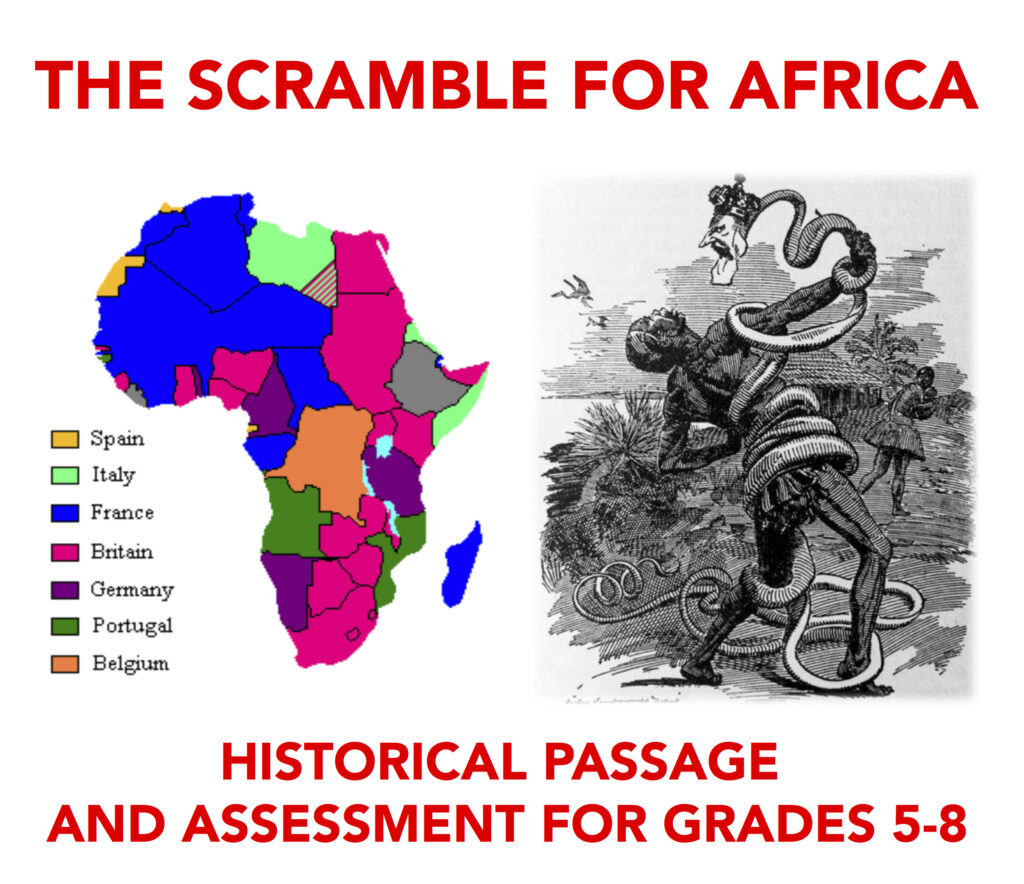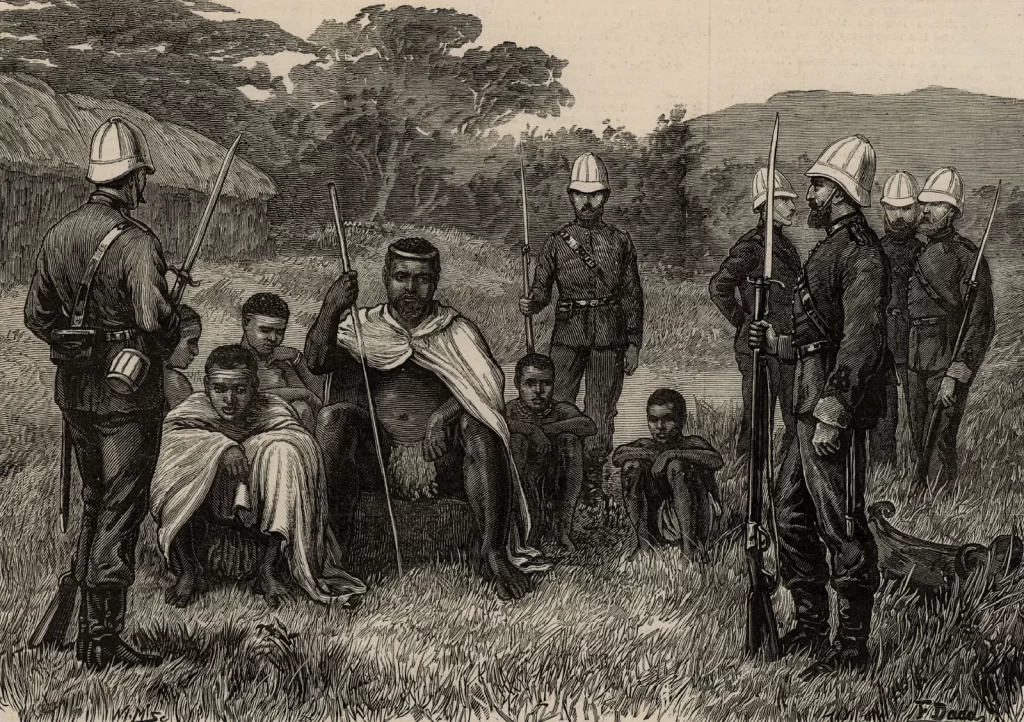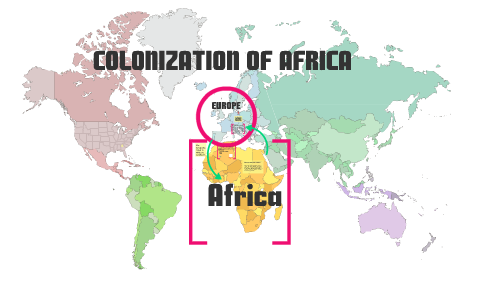Tracing the Footprints

1. Africa, often referred to as the cradle of civilization, boasts a rich and diverse tapestry of cultures, languages, and traditions. However, its history is also marked by centuries of colonization, exploitation, and resistance.
2. From the ancient empires of Egypt and Ethiopia to the scramble for Africa in the 19th century, the continent has experienced profound transformations shaped by external powers.
3. In this blog, we embark on a journey through the history of colonization in Africa, tracing the footprints of colonialism and its enduring impact on the continent.
Ancient Empires and Early Contacts of Africa

- Africa’s history predates the arrival of European colonizers by millennia. Ancient civilizations such as Egypt, Kush, and Axum flourished along the Nile River and the Horn of Africa, leaving behind monumental legacies in architecture, art, and governance.
2. These early empires engaged in trade, diplomacy, and cultural exchange with neighboring regions, including the Mediterranean civilizations of Greece and Rome.
European Exploration and the Age of Discovery

- The dawn of the Age of Discovery in the 15th century brought European explorers to the shores of Africa in search of new trade routes and territories.
2. Portuguese navigators like Vasco da Gama and Bartolomeu Dias pioneered maritime routes around the continent, establishing trading posts along the way.
3. Meanwhile, Spanish, Dutch, and English explorers ventured into the interior, driven by the desire for wealth and adventure.
The Scramble for Africa

- The 19th century witnessed a frenzied rush by European powers to carve up Africa for colonial domination, known as the Scramble for Africa.
2. Motivated by economic interests, geopolitical rivalries, and the ideology of imperialism, European nations partitioned the continent through treaties, conquests, and diplomatic maneuvers.
3. The Berlin Conference of 1884-1885, convened by Otto von Bismarck, formalized the division of Africa among European powers and disregarded the aspirations and sovereignty of indigenous peoples.
Colonial Rule and Exploitation

- Colonial rule in Africa varied across regions and colonial powers but was characterized by exploitation, oppression, and cultural assimilation.
2. European colonizers imposed their administrative systems, languages, and legal frameworks, often at the expense of indigenous cultures and traditions.
3. Indigenous populations were subjected to forced labor, taxation, and land expropriation, while natural resources were plundered to fuel the industrial economies of the colonizing nations.
Resistance and Independence Movements

- Despite the challenges posed by colonial rule, African societies demonstrated resilience and resistance against foreign domination.
2. Throughout the colonial period, various movements emerged to challenge colonial authority, ranging from armed uprisings and nationalist movements to intellectual and cultural revivals.
3. Leaders such as Kwame Nkrumah, Jomo Kenyatta, and Nelson Mandela galvanized anti-colonial struggles, ultimately paving the way for independence and self-determination.
Legacy and Challenges of Decolonization of Africa

- The process of decolonization in Africa unfolded gradually after World War II, as colonial powers faced mounting pressure from nationalist movements and international condemnation of imperialism.
2. Between the 1950s and 1970s, the majority of African countries gained independence, marking a significant milestone in the continent’s history.
3. However, the legacy of colonization continues to reverberate in Africa’s socio-political landscape, manifesting in persistent challenges such as poverty, corruption, ethnic tensions, and underdevelopment.
Conclusion
- The colonization of Africa has a rich and intricate history, characterized by victories, hardships, and the enduring spirit of its people. While colonialism left indelible scars on the continent, it also sparked movements of resistance and liberation that reshaped the course of history.
2. As Africa continues to navigate the legacies of its colonial past, it stands poised to reclaim its narrative, foster pan-African solidarity, and chart a path toward a future of prosperity, equality, and self-determination.
3. By acknowledging the lessons of history and honoring the voices of the past, we can work towards building a more just and inclusive world for generations to come.
